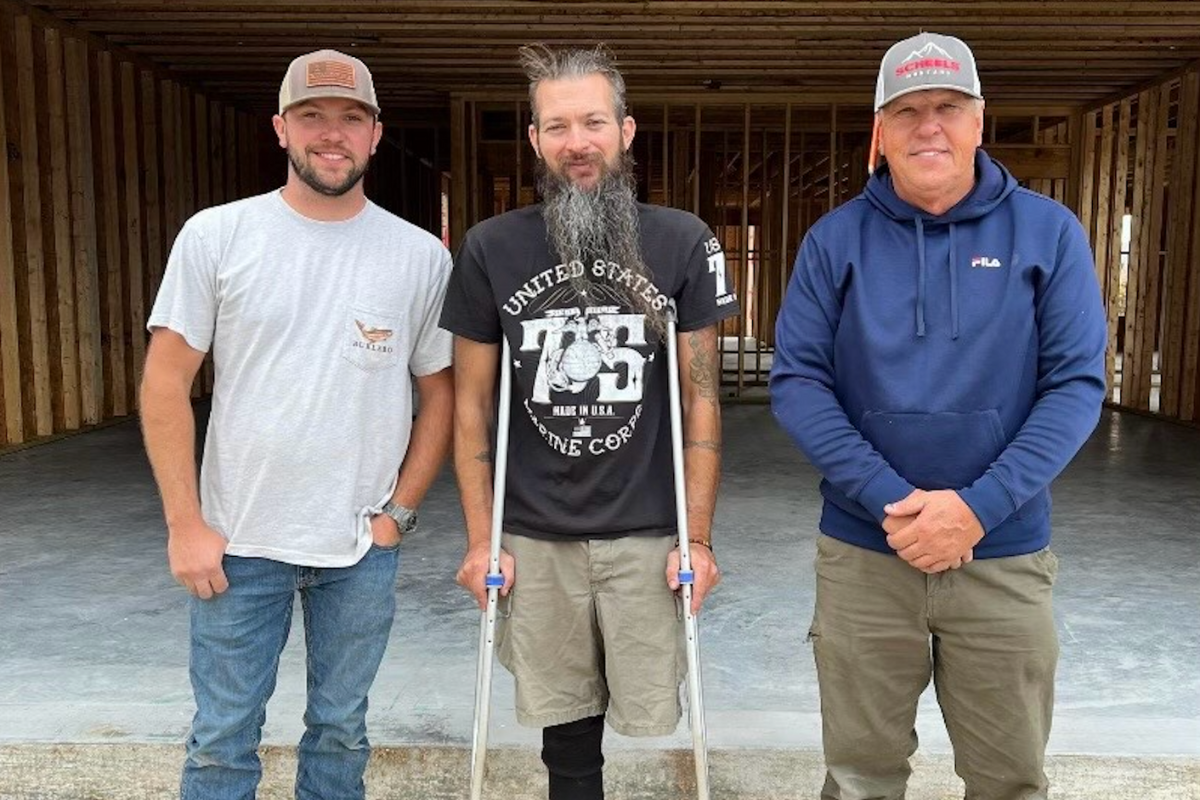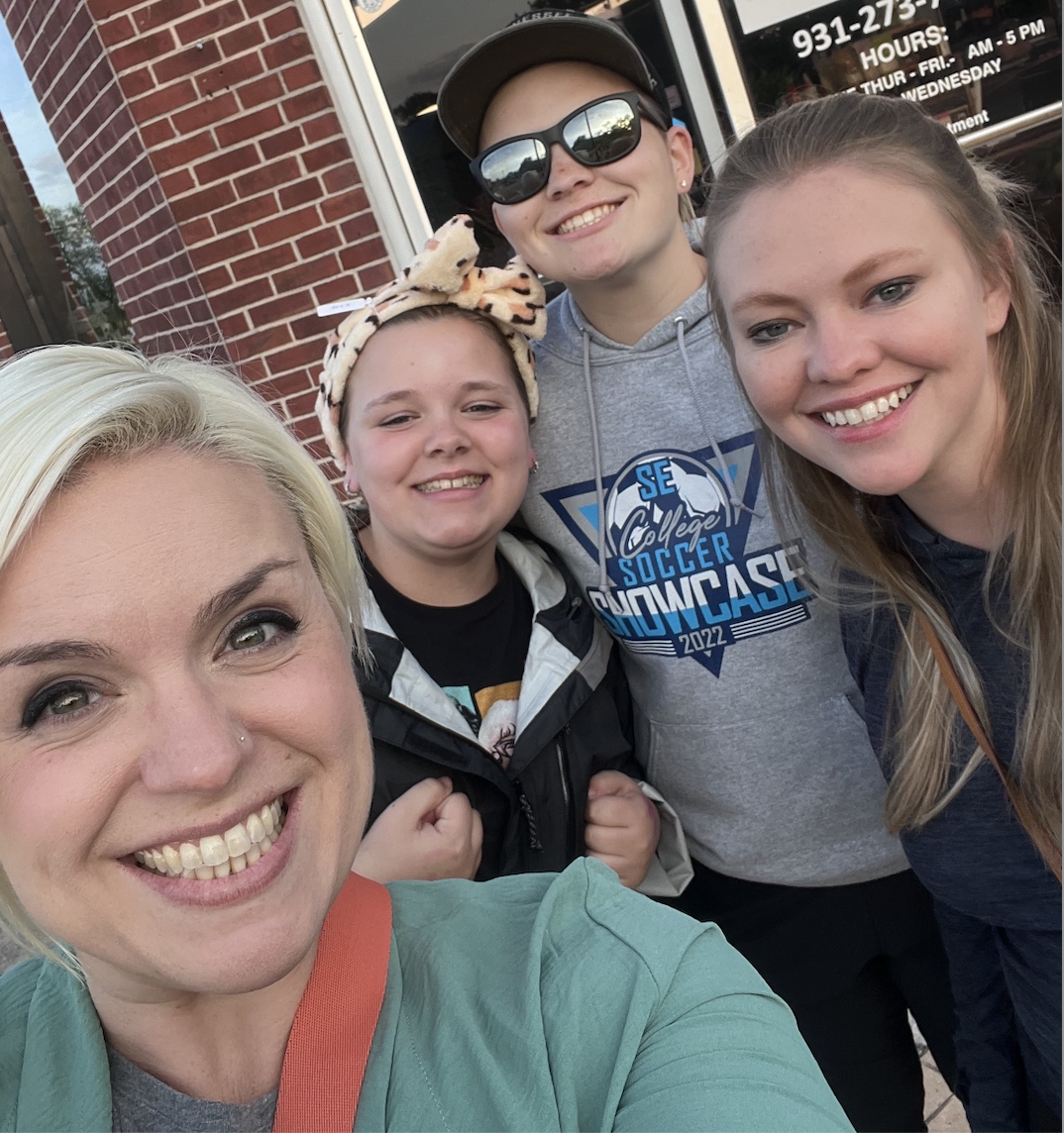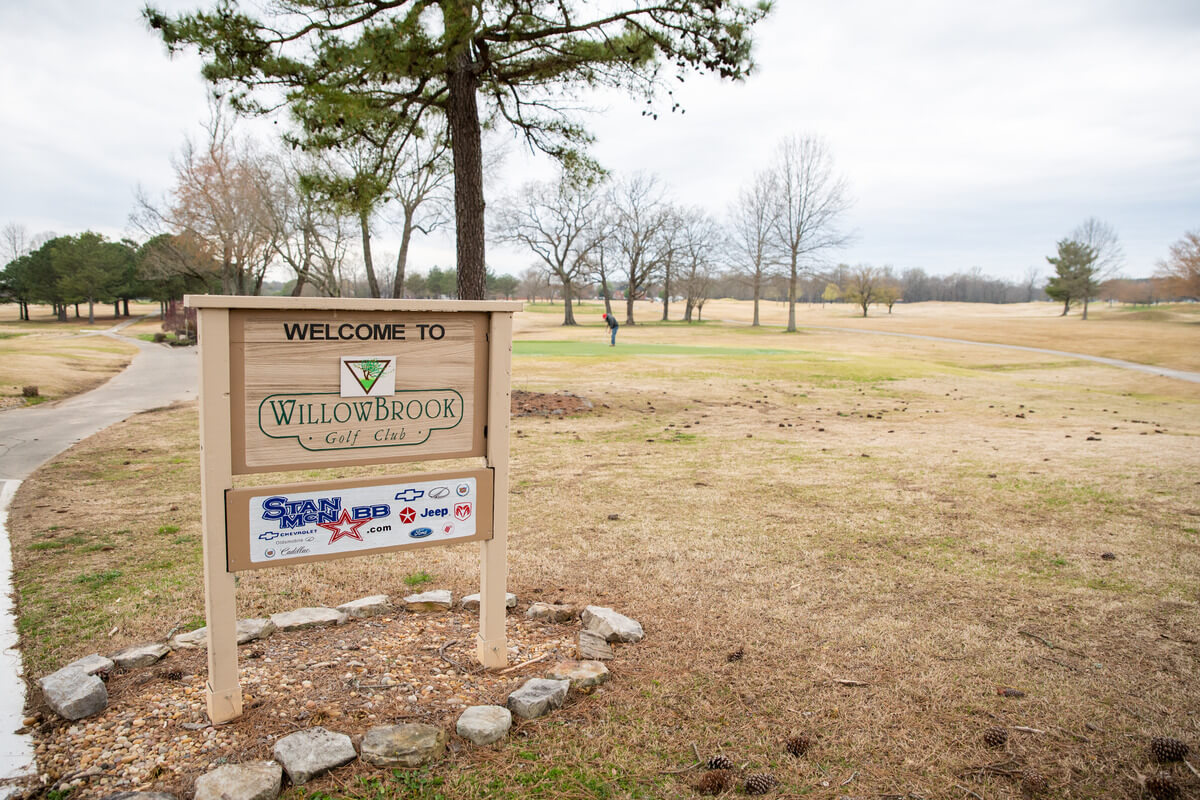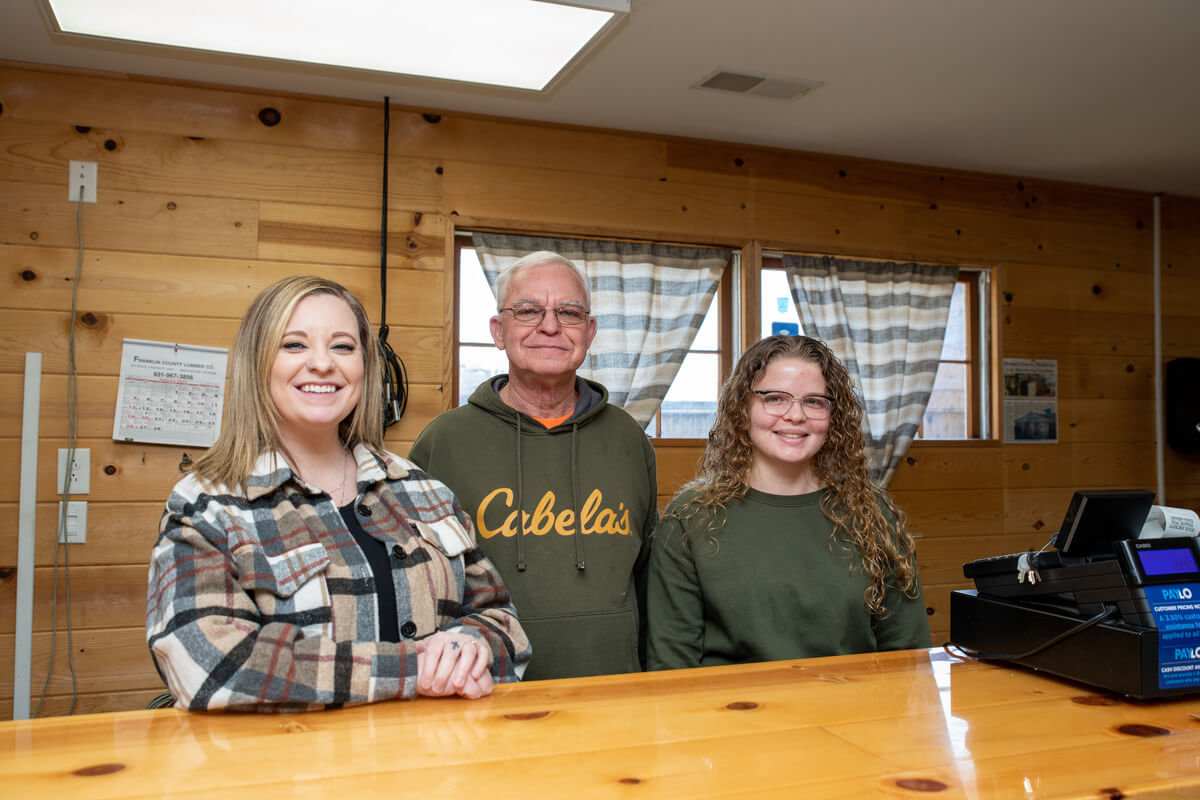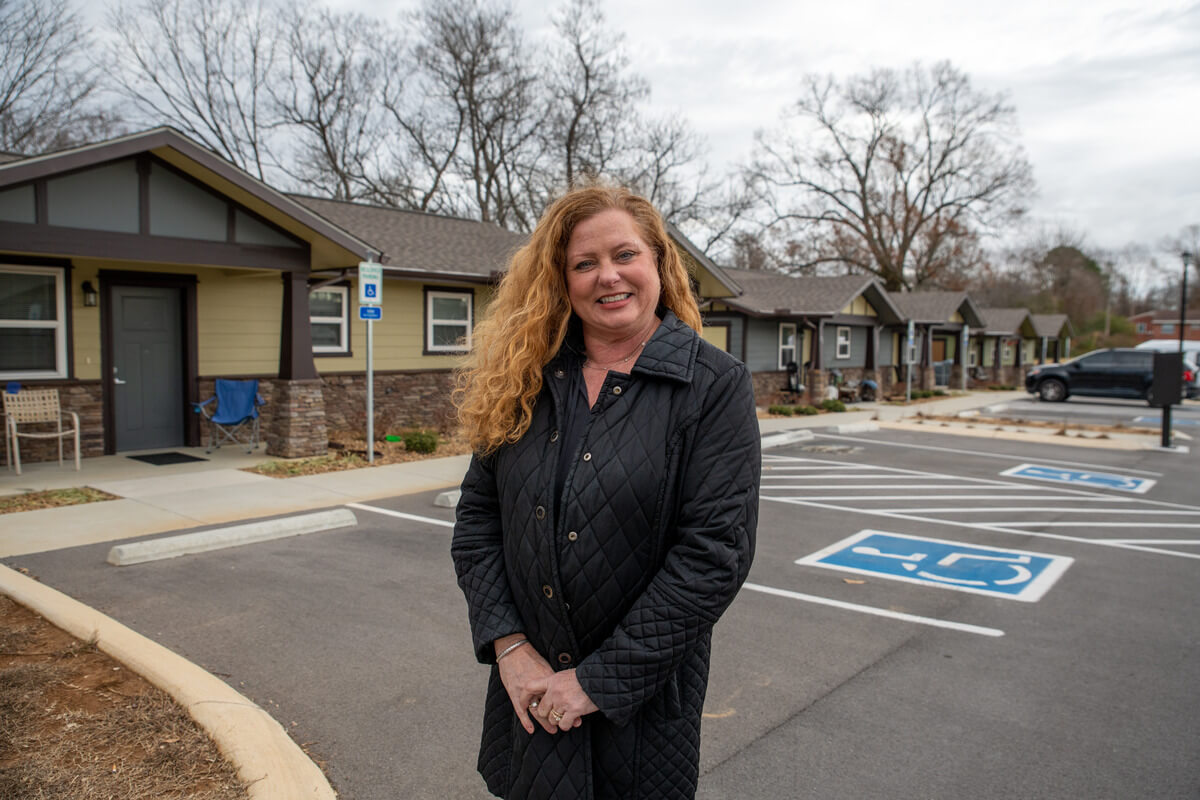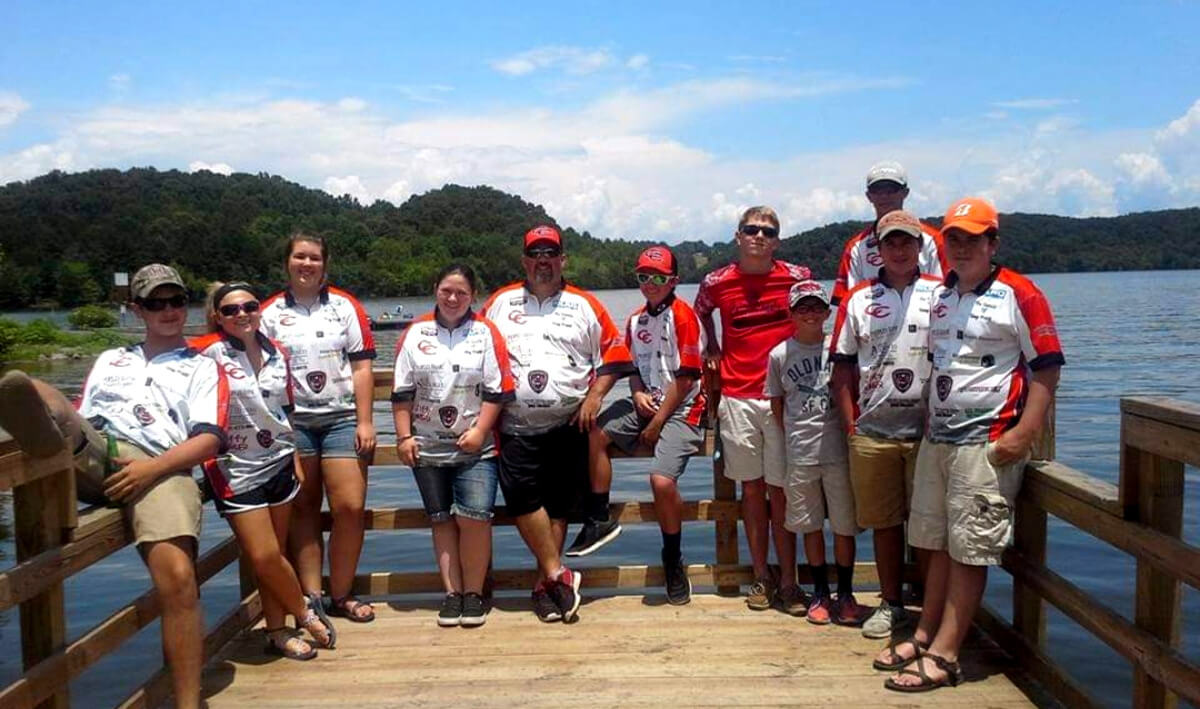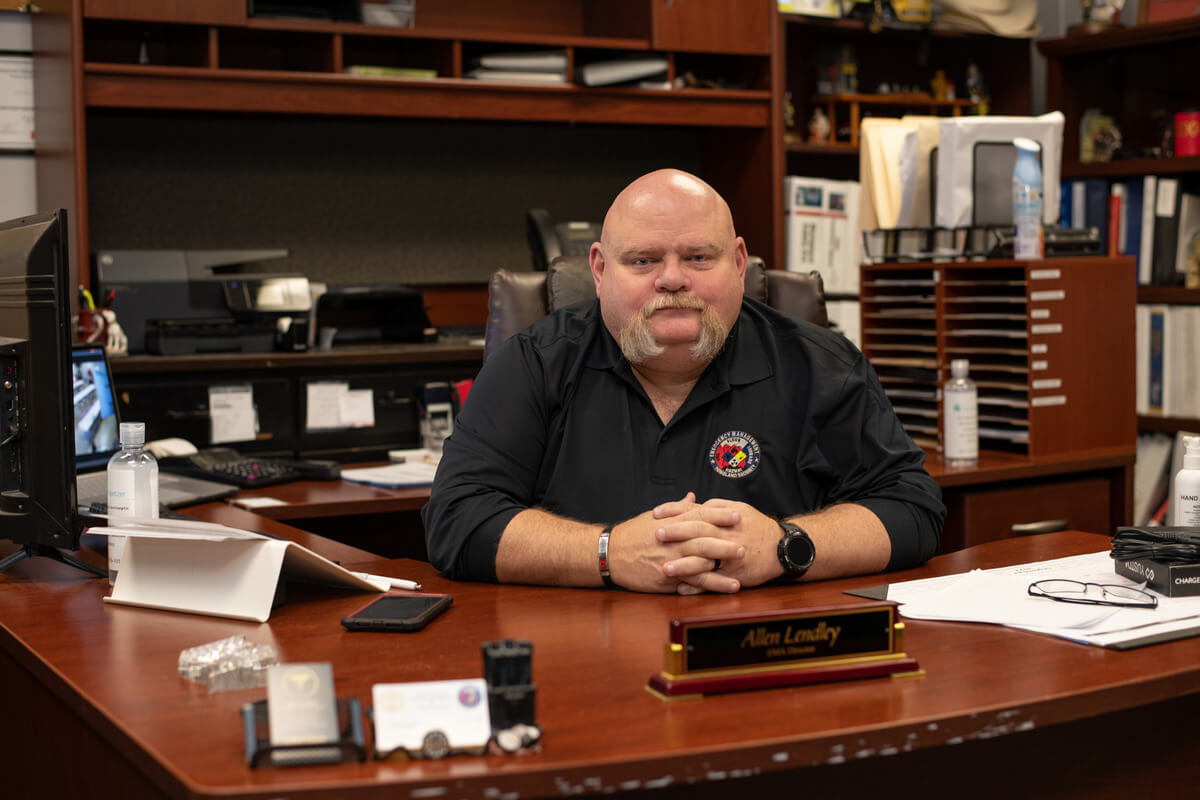PLANTING A summer vegetable garden, installing a fence to keep your animals safe, replacing a mailbox post, or simply digging a hole for a single shrub may seem harmless. But according to the Elk River Public Utility District (ERPUD), checking these items off your “honey-do list” can cause catastrophic damage to gas, water, sewer, broadband internet, and underground electric power lines. The misconception that these lines are buried too deep to hit with a shovel is common; however, it’s always safer to err on the side of caution, regardless of whether you are digging three inches or three feet.
As key participants in the “Call Before You Dig” initiative, ERPUD urges everyone to contact 811 by phone, online at www.tenn811.com, or through the 811 mobile app before any digging begins.
Over the last several years, ERPUD has witnessed a troubling rise in damage to underground utilities and vital infrastructure. When natural gas lines, sewer lines, or main water pipes are ruptured, the situation escalates to an emergency that could quickly result in property damage, loss of life, hefty fines, and even criminal charges.

“Calling 811 is a free service that helps prevent damage to underground utilities and potential hazards like service interruptions and injuries,” said ERPUD safety coordinator Tyler Crownover. “Calling 811 before undertaking any digging project — no matter how small, such as planting a tree or installing a fence post — is crucial. The simple act of contacting 811 ensures that utility companies can mark the locations of underground lines, helping to prevent accidental damage. Even minor digging can inadvertently strike a hidden line, leading to potential safety hazards and service interruptions.”
Calling 811 isn’t just smart — it’s the law.
According to Tennessee Code Annotated (TCA) 65-31-101, anyone planning to dig, excavate, or demolish a structure must contact Tennessee 811 at least three working days in advance. Even if a con- tractor is hired to perform the work, property owners and tenants are responsible for ensuring 811 has been notified before work begins.
“When someone contacts 811, they should expect a straightforward process that begins with providing their location and a description of the proposed digging work,” Crownover said. “An operator will then relay this information to local utility companies, who will send representatives to mark the underground lines at the site. This marking process typically occurs within a specified timeframe, ensuring that residents can proceed with their projects safely and securely. Once lines are marked, you will receive an email called a positive response. This lets you know all utilities have been there and are located for the work being performed.”

During the three-day window, each utility provider marks its lines with flags.
• Blue flags: potable (safe to drink) water lines
• Green flags: sewer lines
• Yellow flags: natural gas lines
• Orange flags: cable lines
• Red flags: electric power lines
• Purple flags: reclaimed water lines
“Participating in the ‘Call Before You Dig’ initiative is not just a legal obligation; it’s a personal and community responsibility,” Crownover said. “By calling 811, you play a crucial role in safeguarding not only your property but also the lives of our fellow residents and the integrity of our shared infrastructure. Together, we can prevent accidents and ensure a safer environment for everyone. Homeowners, DIY enthusiasts, and contractors can build safer habits around digging by consistently calling 811 before starting any projects that involve digging.” GN
Don’t risk it. Call 811 before you dig — or visit www.tenn811.com. It’s free, it’s easy, and it could save lives.
This story is sponsored content.









































































































